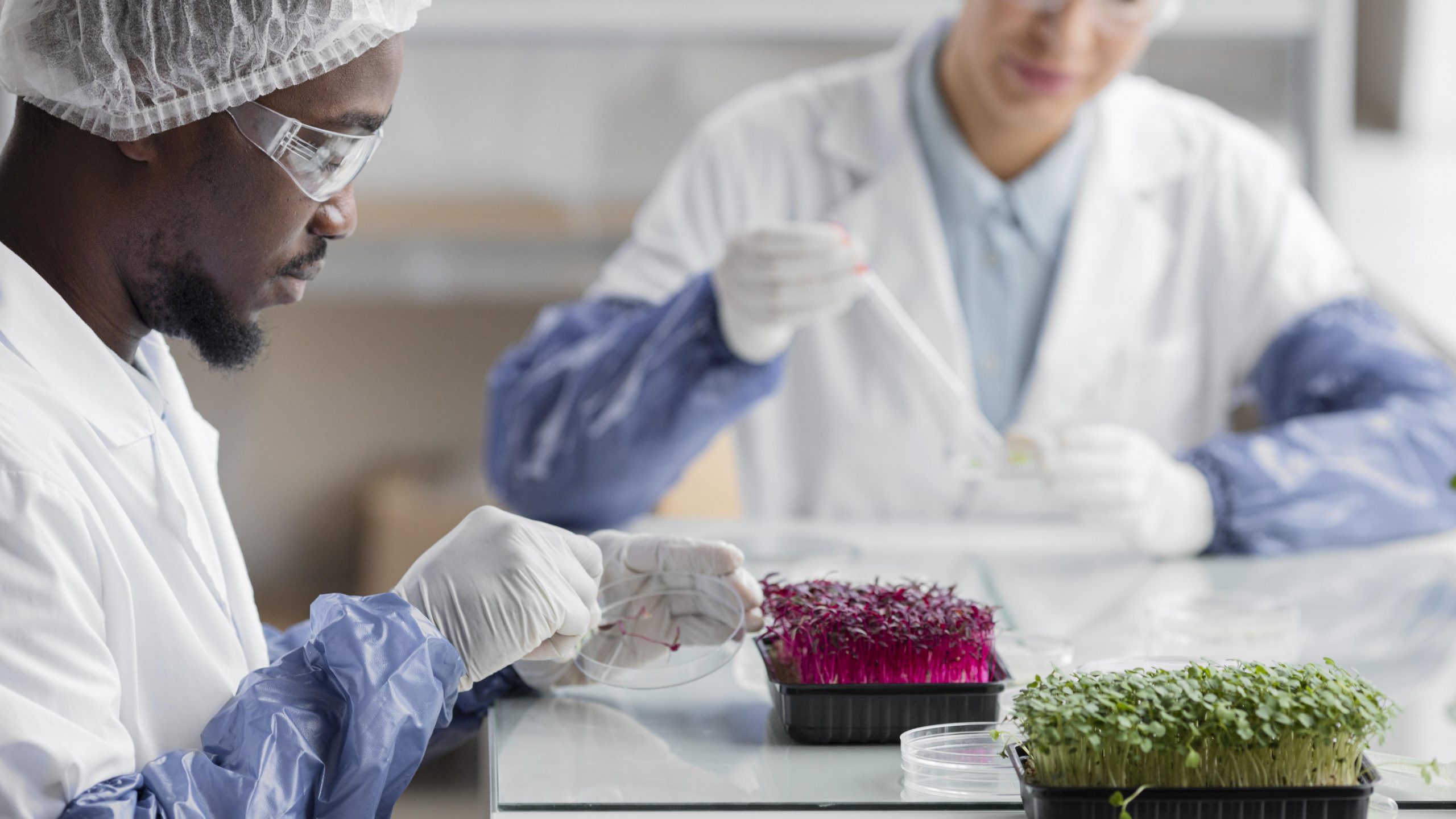The global legionella testing market is projected to reach USD 439 million by 2027 from USD 296 million in 2022, at a CAGR of 8.2% during the forecast period. Growth in this market is mainly driven by rising demand for rapid diagnostics, increasing disease incidence, advancements in bacterial testing, and water testing regulations.

Global Legionella Testing Market Opportunities:
Increasing Awareness: There has been a growing awareness about Legionella-related diseases, leading to an increased demand for testing and monitoring services. This awareness is driven by incidents of Legionnaires’ disease outbreaks in various settings, including hotels, hospitals, and public facilities.
Stringent Regulations: Regulatory bodies and government agencies have imposed stricter guidelines and regulations regarding Legionella testing and prevention. This has created a significant market opportunity for testing laboratories, equipment manufacturers, and service providers to cater to the compliance needs of industries and institutions.
Technological Advancements: Advances in testing technologies, such as PCR (Polymerase Chain Reaction) and rapid antigen testing, have improved the accuracy and efficiency of Legionella detection. These technological advancements have opened up new market opportunities for companies offering innovative testing solutions.
Growing Industrial Sector: Industries such as manufacturing, hospitality, and healthcare require regular Legionella testing due to the presence of complex water systems. As these industries continue to grow, the demand for Legionella testing services is expected to increase, presenting opportunities for testing providers.
Competitive Landscape:
Key Players: The Legionella testing market is highly competitive and includes both established players and emerging companies. Some of the prominent companies in the market include Bio-Rad Laboratories, Thermo Fisher Scientific Inc., IDEXX Laboratories, Inc., BioMérieux SA, and QIAGEN N.V.
Service Providers: There are specialized service providers that offer Legionella testing as part of their portfolio. These companies often provide comprehensive solutions, including sample collection, analysis, and reporting. They cater to various industries, including healthcare, hospitality, and manufacturing.
Testing Laboratories: Accredited testing laboratories play a crucial role in Legionella testing. These laboratories are equipped with advanced testing equipment and employ trained personnel to ensure accurate analysis of water samples. They often collaborate with other stakeholders, such as healthcare facilities and industrial organizations, to offer comprehensive testing services.
Equipment Manufacturers: Companies involved in manufacturing Legionella testing equipment, such as culture media, PCR kits, and testing instruments, contribute to the competitive landscape. These manufacturers focus on developing reliable and user-friendly testing solutions to meet the diverse needs of customers.
Geographic Presence: The Legionella testing market is influenced by regional factors, including regulations, climate, and the prevalence of Legionella-related diseases. Companies with a strong geographical presence and an understanding of local requirements tend to have a competitive advantage.
North America is the largest regional market for legionella testing market
The global market is segmented into five major regions—North America, Europe, the Asia Pacific, Latin America, and the Middle East & Africa. In 2021, North America accounted for the largest share of the market. The North American market growth can be attributed to the growing incidence of legionella-related diseases and growing elderly population.
